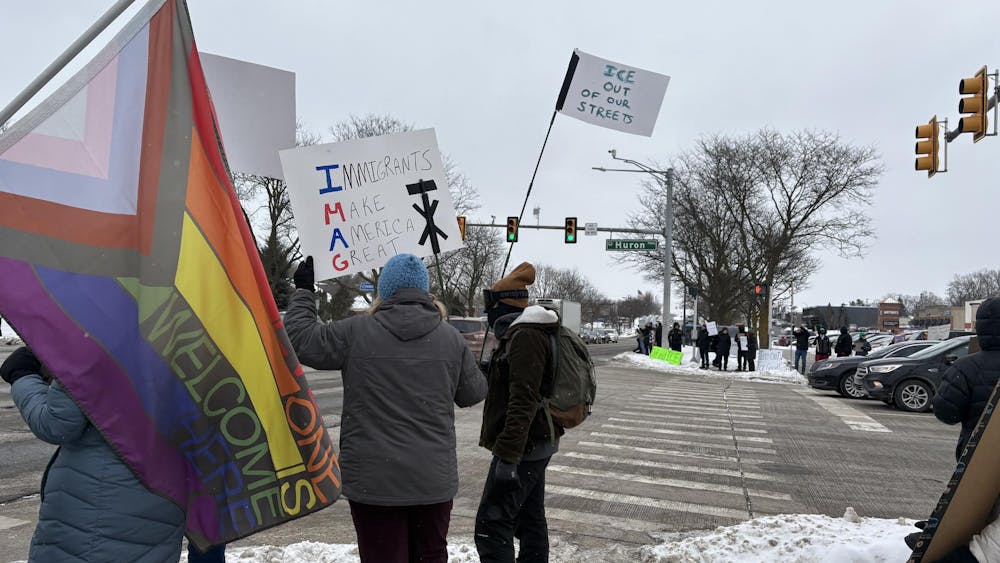The Center for Multicultural Affairs held a discussion on privileged identities as part of a two-part workshop for students, staff and faculty on Thursday in the Student Center.
Rev. Jamie Washington, PhD, president and founder of the Washington Consulting Group Inc. and the Social Justice Training Institute, led the discussion with the 50 attendees on racial, class, gender, etc. privileged identities. The discussion included interactive activities where students discussed their personal experiences with privilege.
Darquillius Mayweather, Center of Multicultural Affairs coordinator and event organizer, first became passionate about the subject when someone pointed out his male privilege. He said that it is especially important for college students to attend.
“I think as a community of higher education, it’s important to create spaces where everyone feels included,” he said. “We must break barriers of inclusion and exclusion. Our mission is to prepare students to lead in a diverse community. You cannot do that if you don’t understand privilege.”
Washington said that the discussion of privilege comes out of engaging diversity and inclusion. He said that people often want to create more inclusive spaces without owning that there is exclusion.
He emphasized that diversity is different than exclusion. He reminded students of how institutions were once set up with some people included and some people not.
“We can see diversity but it doesn’t mean that they are included in the same ways that they can be successful in the same way, diversity is the static and inclusion is the action,” he said. “My generation worked hard to move us and break down those barriers so you can no longer keep people out.”
Washington said that he specifically chose EMU to discuss this topic because of the university’s mission to prepare students to lead in a diverse community and be global citizens. He said that you cannot effectively do that if you do not understand the dynamics of privilege.
He highlighted that having the access to a four-year education is a privilege. In the U.S., 16.8 percent of people have a college degree.
“When you finish here, you will have more formal education than 83 percent of the country,” he said. “That privileges you as a leader. Leaders for the 21st century must be prepared to lead understanding the dynamics of power and privilege.”
He encouraged students to explore and examine their privilege.
“If I don’t examine my privilege, I begin to feel like I earned it and I am entitled to everything that I have, then I show up with an attitude of dominance and it should not be that way,” he said.
Margeaux Fraleigh, a freshman majoring in secondary education, said that the workshop gave her a different perspective of privilege.
“I view privilege through scopes from not just race, but gender, sexual orientation and abilities,” she said. “If you don’t examine your privilege, it becomes entitlement which is not productive.”
Jennifer Bucci, freshman majoring in communications and friend of Fraleigh’s, loved the interactive part of the workshop.
“Getting to interact and hear different perspectives was interesting, I love sharing and comparing life experiences,” she said. “Students should expose themselves to new opportunities, get exposed to new knowledge and take themselves out of their comfort zones.”









